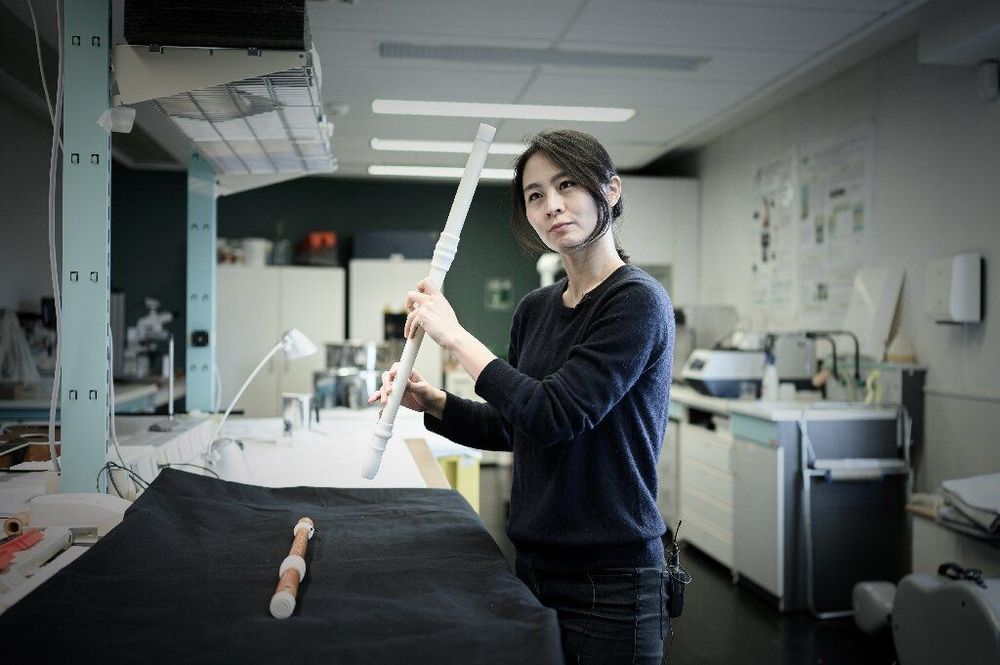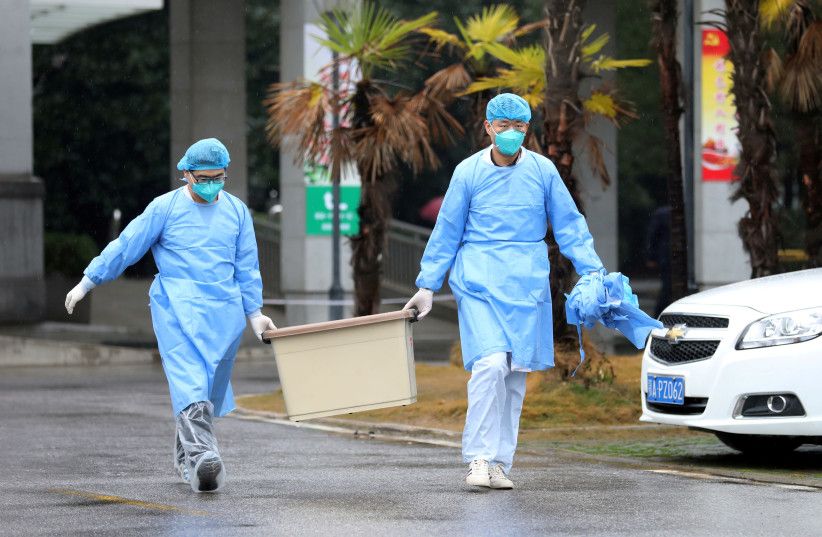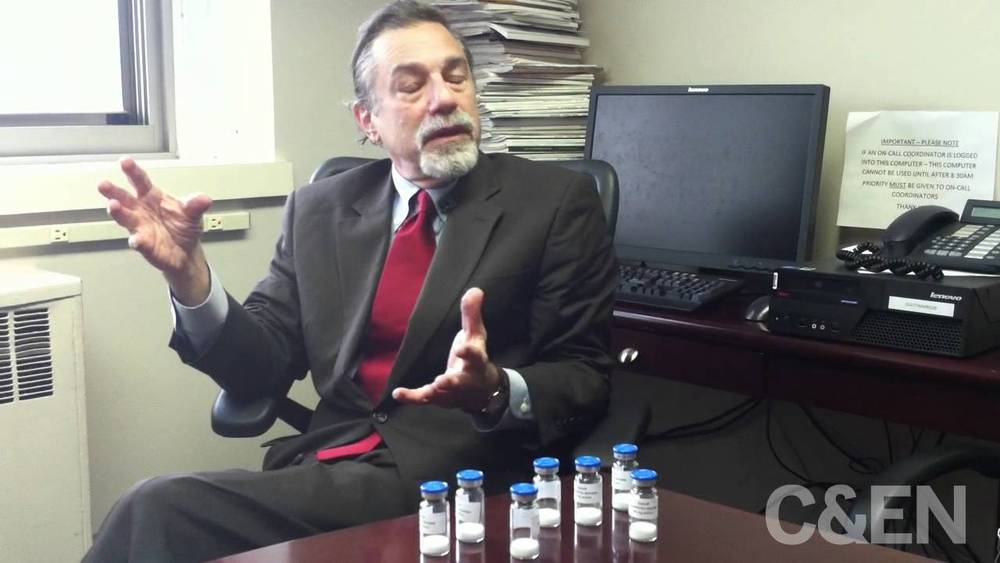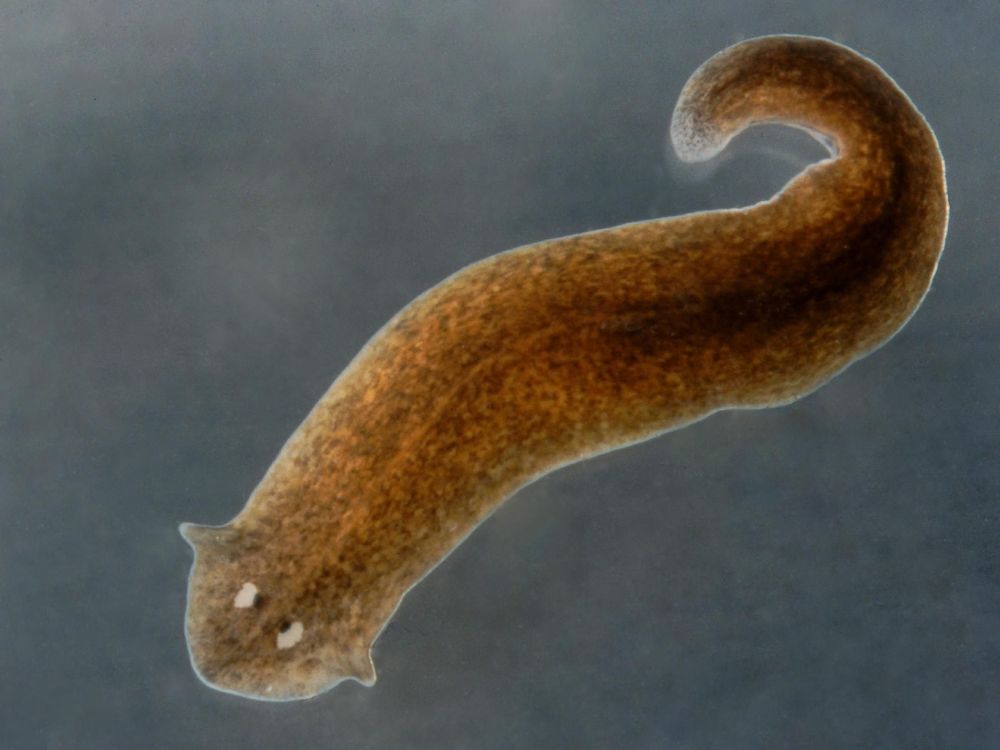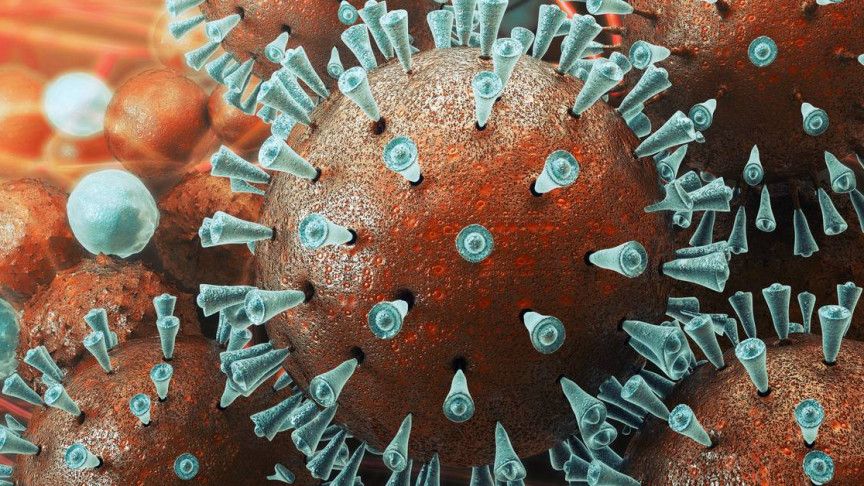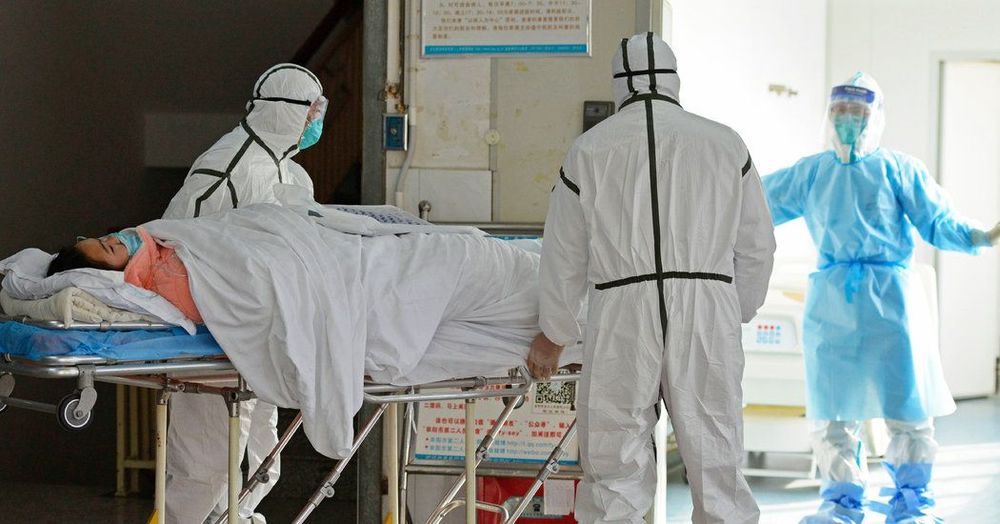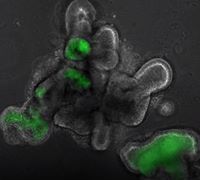
When doctors in a Washington hospital sought to treat the first confirmed case of the Wuhan coronavirus in the United States on Wednesday, they tapped a device called Vici that allowed them to interact with their patient not in person, but through a screen.
The telehealth device, which looks like a tablet on wheels that doctors can use to talk to patients and perform basic diagnostic functions, like taking their temperature, is one of a handful of high-tech machines that doctors, airport workers, and hotel staff are using to help contain the outbreak that has been sweeping the world since it was discovered in Wuhan, China in late December.
“Caregivers provide care within the isolation unit, but technology is allowing us to reduce the number of up-close interactions,” says Dr. Amy Compton-Phillips, chief clinical officer at Providence Regional Medical Center in Everett, Washington, where the patient is being treated. Vici, made by Santa Barbara, California-based InTouch Health, resembles a tablet on wheels, and can protect caregivers from infection.
